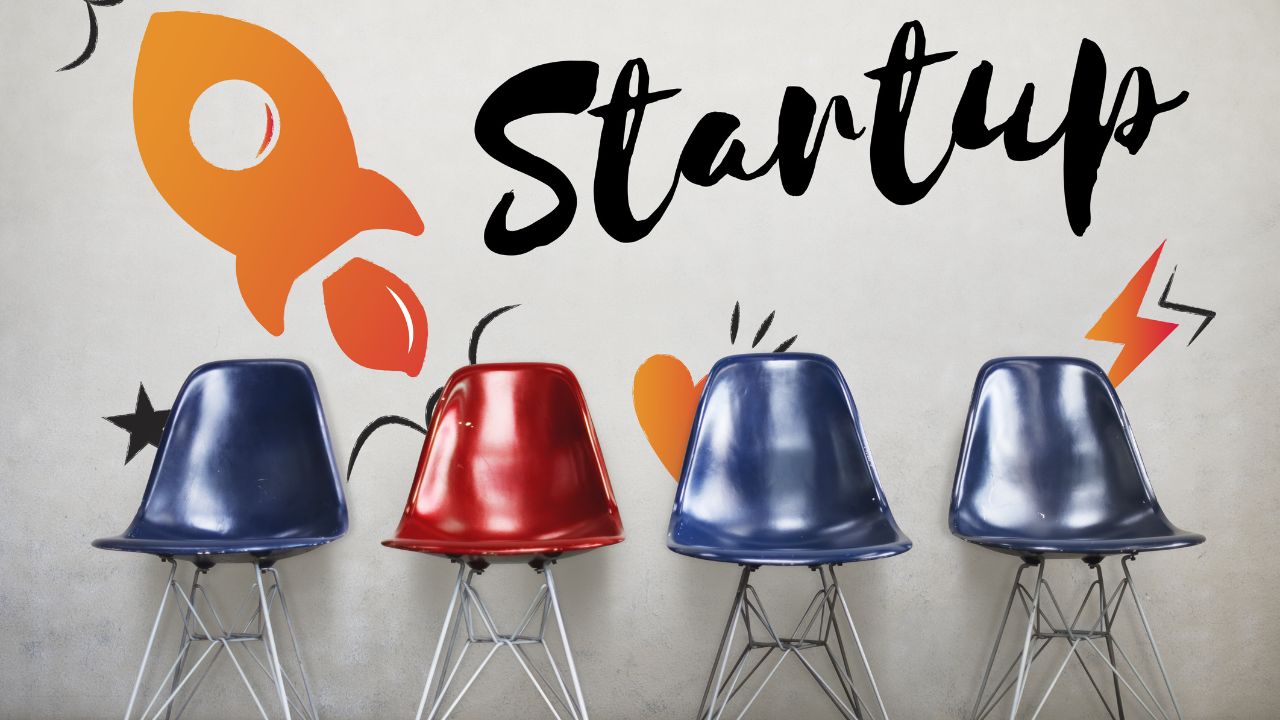

| Company | Value | Change | %Change |
|---|
In an interview with CNBC-TV18, Deepak Padaki, President of Catamaran Ventures, emphasises the significant shift towards intellectual property (IP)-driven, deep-tech ideas. “What excites us today is that we’re seeing an evolution in the kinds of startups that are coming in. Unlike the last decade, which saw a surge of me too startups or adaptations of global business models, entrepreneurs are now building original, IP-based innovations,” Padaki said.
Early-stage startups are focusing heavily on deep tech, while growth-stage companies, particularly in consumer and fintech sectors, are maturing towards IPOs, he added.
Anurag Ramdasan, Partner at 3one4 Capital, shared Padaki’s enthusiasm, noting the remarkable performance of early-stage startups in 2024, which raised $3.4 billion in funding. He attributed this success to a maturing ecosystem that fosters innovation and sustainability. “We are seeing fewer ‘me too’ companies, more IP-led differentiation, and more deep-tech endeavours,” he said.
India’s startup ecosystem has come a long way since its modest beginnings in the late 2000s. Between 2014 and 2024, startups raised approximately $150 billion. Despite global economic challenges, the ecosystem demonstrated resilience, securing $11.2 billion in 2024, a notable increase from $9.4 billion in 2023.
Key policy changes, such as abolishing the angel tax on startup investments in July 2024, have further bolstered the ecosystem. These reforms have created a more conducive environment for innovation and growth. As of mid-January 2025, startups have already raised $330 million, with the first unicorn of the year anticipated soon.
Edited Excerpt from the Discussion:
Q: The startup ecosystem is maturing and focusing on sustainable growth. A striking trend in 2024 was IPOs outperforming unicorns as 13 startups went public instead of just six new entrants to the $1 billion club. What excites you about 2025?
Padaki:
We believe that entrepreneurship is the big means by which we can create jobs. And some of the data you published here today is a testament to that. So, what excites us today is that we’re seeing an evolution in the kinds of startups coming in. When entrepreneurs come to meet us today, we see more intellectual property (IP) driven original deep tech ideas compared to the last decade, which saw business models adapted for India or “me too” kind of startups.
So clearly, IP-driven original ideas excite us in the startup world today. And in some sense, it’s a tale of two stages — early-stage versus growth- and pre-IPO stage startups. The growth side is where you’re seeing many of these consumer and fintech cohorts coming up — many IPOs recently — versus early stage, which is more deep tech, I think, today.
Q: While late-stage startups continued to garner the bigger cheques last year, mopping up $5.1 billion, early-stage startups came second with $3.4 billion. Do you see this trend continue? How are you viewing 2025?
Ramdasan: 2024 was an excellent year for early-stage startups. I think we’ve gone through enough phases in the early-stage startup ecosystem now, where even some of the larger companies like Zepto, Rebel, and PhysicsWallah are all interesting models, which global counterparts may not have worked out. So, the Indian counterparts have been able to innovate in ways that have made them more sustainable, exciting, and fast-growing. And we are seeing that sort of DNA shift very much in the early stage. We are seeing fewer “me too” companies, more IP-led differentiation, and more deep tech endeavours.
On top of that, because this ecosystem has been around for nearly two decades, we are seeing an incredible jump in the quality of founders, thought processes, diligence, etc. The data speaks for itself — over $3 billion of capital went into the early stage. Looking at the early stage, where the average cheque size may be $1-2 million, $3 billion is a vast number. This is also fuelled by the kind of late-stage promise we’ve seen. Thirteen startups went public in 2024. That’s one tech IPO a month. And it’s projected to become two tech IPOs a month this year. That gives early-stage founders and early-stage investors a lot of confidence in the promise of this ecosystem.
Obviously, 2021 and 2022 were slightly anomalistic years, but if you take it out of the equation, throughout the history of the ecosystem, the amount of capital that has gone into startups has only grown. Even in 2024, I think the early-stage contribution of funding was about 20-25% more than 2023. So, we’re poised to see a very good 2025. The trends are very positive, and we’re super excited.
Q: Catamaran Ventures has over 45 portfolio companies. What kind of conversations are you having with them for this year? What will be the big trends to watch out for in 2025?
Padaki: There’s a shift if I look at trends broadly. This is the new set of companies that we have been looking at investing in, and I would pick two. One is, of course, the whole AI space, especially on the application layer. Application and tooling in AI is something that’s becoming hot. In some sense, I think the playing field has been levelled. Today, you can innovate on AI applications in India, and you can do it in the (San Francisco) Bay Area, for instance, because the foundation models are the same. So, we’re seeing a lot of interesting ideas, whether it’s in health tech, diagnosis, and, of course, SaaS and automation of services. So that’s one area. The second area that we’re looking at really is manufacturing. We have a deep thesis on manufacturing, looking at how we can grow the capital. And especially in precision manufacturing — electronics, aerospace manufacturing — where you know we must build up this supply chain within the country. These are two areas that we are focused on.
The conversation we’re having with our existing portfolio companies, of course, is on improving profitability, on getting to a profitable path, so that we can ride some of the exit waves and IPO numbers that you had shared earlier.
Watch the accompanying video for the entire discussion.



